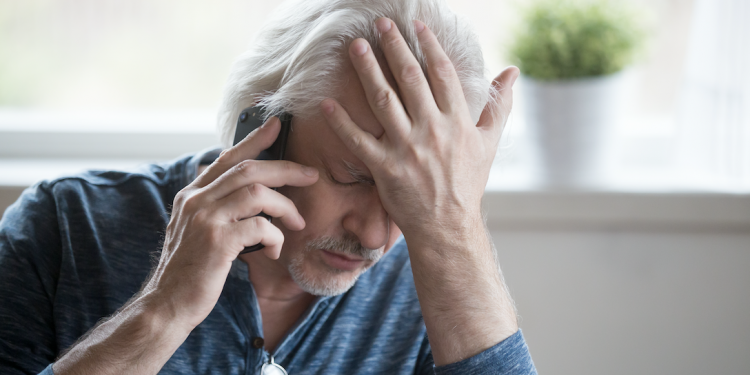The mental health of staff is the top concern for senior decision makers, according to research commissioned to mark this Mental Health Awareness Week.
But separate research indicates the pandemic has created a greater a sense of loneliness among UK adults and is adversely affecting the mental health of SME leaders also.
Barnett Waddingham’s survey of more than 300 decision makers at companies across the UK found 41% of employers rated mental health as their top concern. It ranked higher than retaining key staff (36%), recruitment (36%), Covid-related absence (31%), the skills gap (29%) and hybrid working (26%).
To tackle the problem, many firms have revamped their employee benefits offering, often increasing health and private medical insurance options and offering more wellbeing and mental health days to their staff.
A Simply Business survey of 571 small business owners found more than three quarters (78%) of SME owners said the pandemic had negatively impacted their mental wellbeing with a third (35%) describing it as severe.
Three in five (58%) SME owners reported feeling stressed, over half (53%) suffered from anxiety and a third (30%) with depression post-pandemic.
The research also showed financial worries remained the largest cause of concern with one in three (32%) concerned about running out of money and one in 10 (12%) facing going bankrupt
Almost half (46%) wanted greater financial support from the government to help them get back on their feet after Covid-19.
Lonliness prominent
Finally, LV=’s Wealth and Wellbeing Monitor – a quarterly survey of more than 4,000 UK adults – found 23% had felt lonely in the last three months.
Those who were struggling financially were more likely to say they have felt lonely in the last three months (32% compared to 23% of the wider population).
Around a quarter (28%) of those that were struggling financially had decreased their spending on socialising in the last three months.
The research also found those who felt lonely were more likely to be worried about money, (59% compared to 35% of the wider population) and were much more likely to have sought face-to-face mental health support than the general public (14% compared to 6%).






